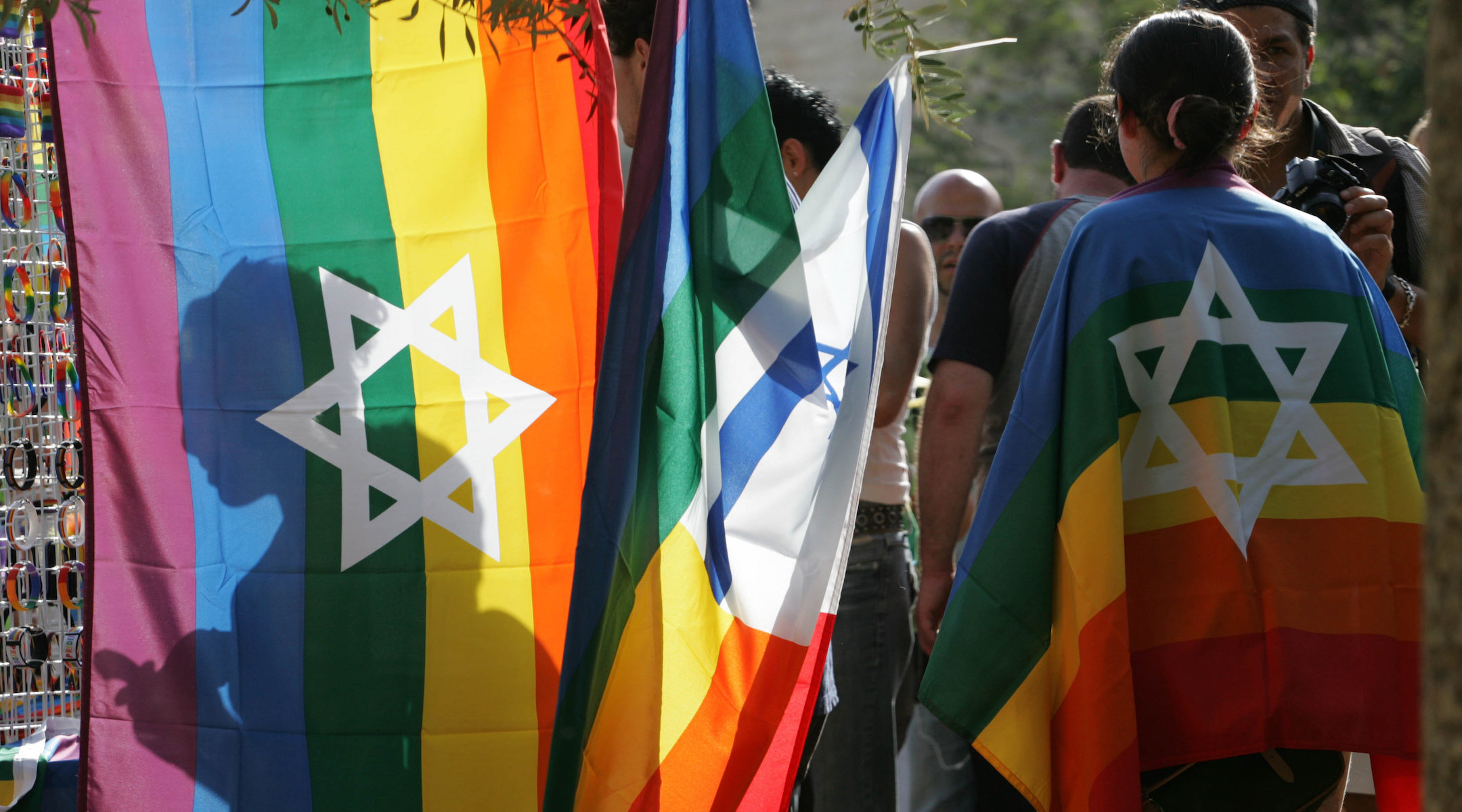(JTA) — Yeshiva University rejected the formation of a campus group for queer students but said it was putting in place new policies to help LGBTQ students feel safe.
The flagship Modern Orthodox college in New York sent a statement to students Thursday addressing a yearlong battle over whether the school would allow a queer student group.
“The message of Torah on this issue is nuanced, both accepting each individual with love and affirming its timeless prescriptions. While students will of course socialize in gatherings they see fit, forming a new club as requested under the auspices of YU will cloud this nuanced message,” the Thursday statement said.
But the statement also announced new measures to support LGBTQ students, including updating its diversity and sensitivity training to apply to topics related to sexuality and gender, hiring a counselor with experience counseling LGBTQ people and establishing a phone line where people can report harassment and bullying. The school also reaffirmed that its policies prohibit discrimination and harassment, including based on sexuality or gender identity.
LGBTQ issues present a dilemma for the Modern Orthodox world, which is defined by its strict adherence to traditional Jewish law as well as embrace of the secular world. In recent years, as LGBTQ people and issues have gained increasing acceptance in wider American society, the movement has had to grapple with how to reconcile a traditional interpretation of Jewish law, which does not allow sexual relations with the same gender or same-sex marriage.
At YU, the conflict over the club started in September 2019 after the school’s College Democrats lost its recognition after organizing an LGBTQ rights rally (it was later reinstated). Following the event, a number of students submitted an application to create an LGBTQ student group, but the student council abstained from voting on its fate, leaving the decision up to the administration.
The YU Pride Alliance currently does not have official campus recognition and holds events off-campus. Its vice president, Chana Weiss, told the YU Commentator that the group was “disappointed by the decision” not to give the club official recognition.
“The administration has failed to be transparent about which halachic ‘nuances’ are at odds with the club and, on the contrary, we stand firm in our belief that pikuach nefesh necessitates the creation of our club,” Weiss said, referring to the Jewish principle that saving a life overrides other religious rules.
Many LGBTQ youth struggle with depression, anxiety and suicidal thoughts, including in the Orthodox Jewish world.
JTA has documented Jewish history in real-time for over a century. Keep our journalism strong by joining us in supporting independent, award-winning reporting.






